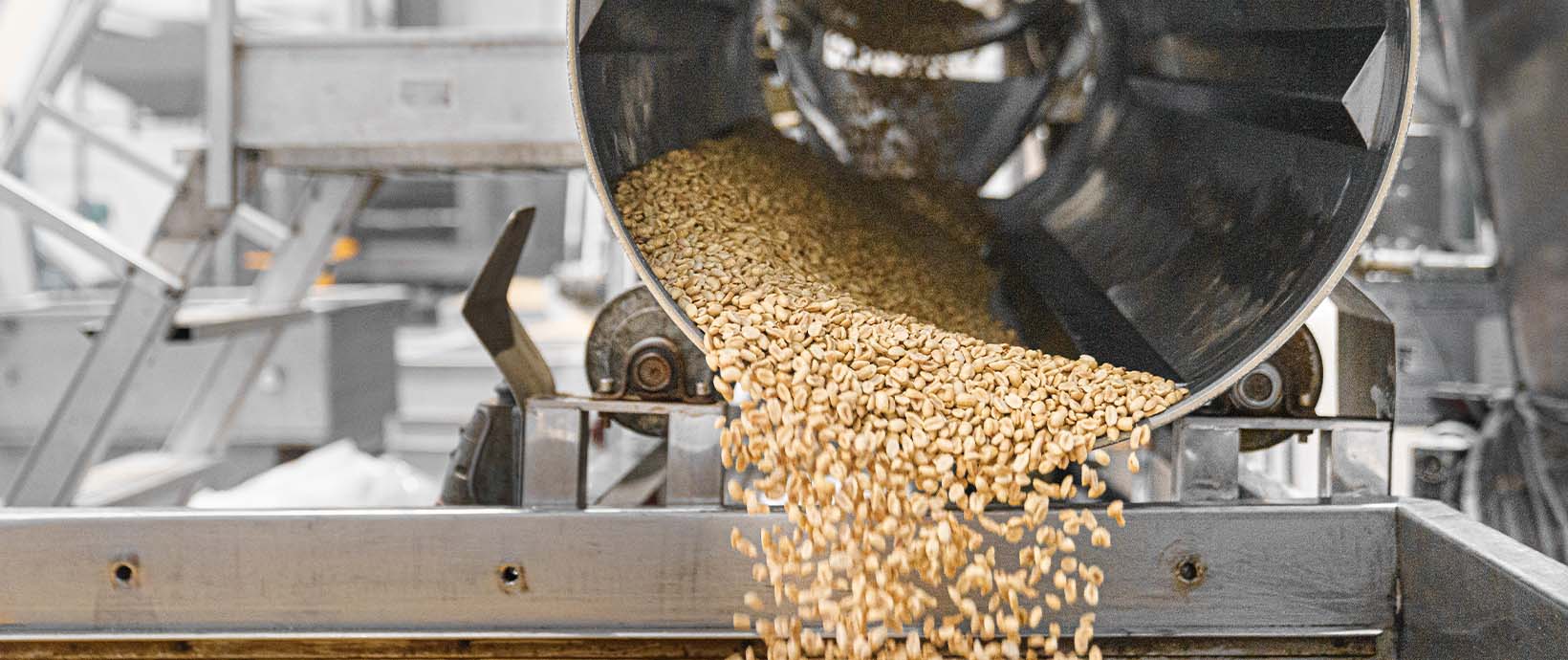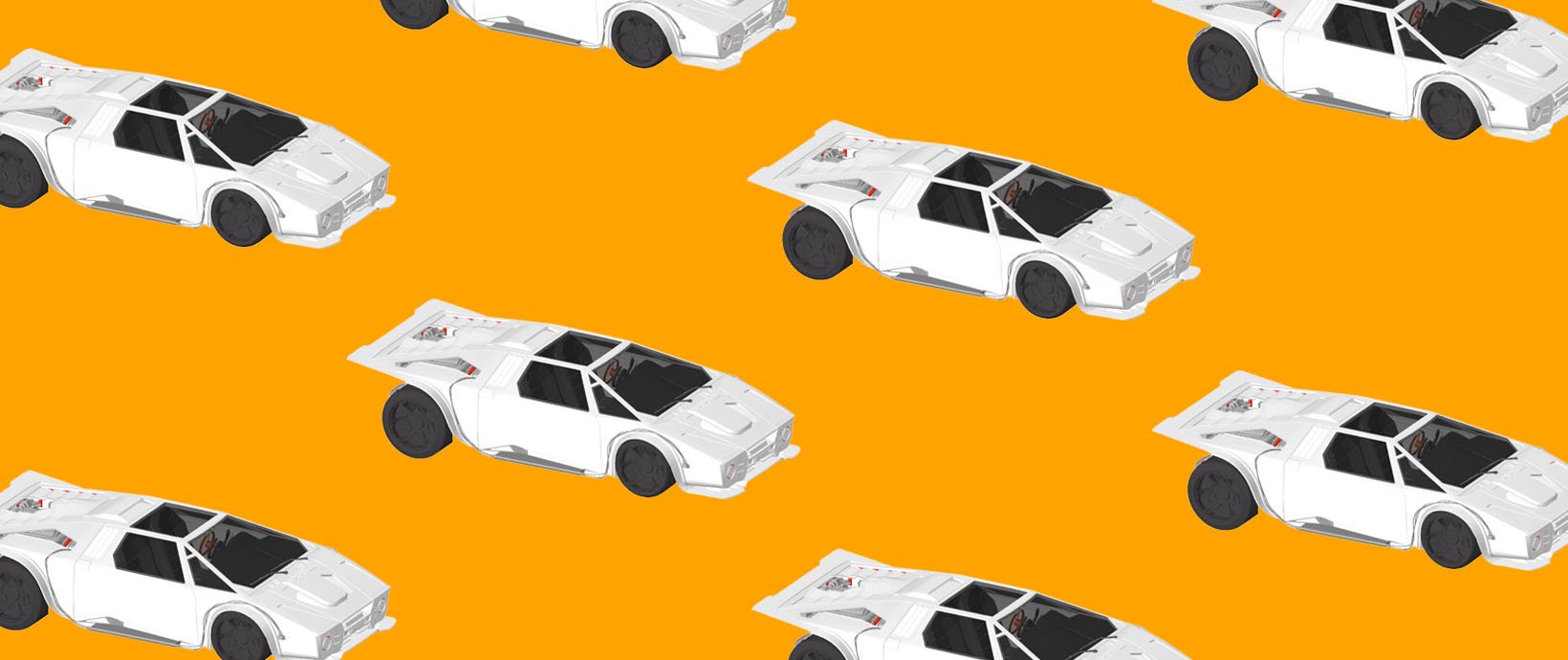Panel Recap: Pioneering the Future of Sustainability Through Better Engineering
To meet the global threat of climate change, organizations around the world must develop solutions, processes, and products that transform the way we live and work. Finding new, innovative engineering solutions will be crucial if we’re to create a world that produces less waste, refurbishes used materials, and builds products designed to last. Already, companies around the world – from global giants to agile young startups – are minding their carbon footprint and developing ways to build a greener future.
One of the most important ways industries are meeting this challenge is by developing new materials and processes without compromising product performance, reliability, and cost. A great example of the new vanguard of sustainability research and innovation is the growth of electric vehicle (EV) development. In one of this year’s main Future.Industry panels, the participants discussed how sustainability is becoming a cornerstone of the automotive industry, and how sustainable practices are proliferating through and beyond the world of engineering. Didn’t get to catch the panel or want a summary of its main points? We’ve got you covered with a short recap below.
The panel featured five experts from a combination of industries who are all focused on ways they can develop better, more efficient, and more sustainable engineering practices. Panelists included CIDETEC’s Dr. Elena Jubete, EVR Motors’ Noa Kroin, DEF’s Björn Scheiffele, and Altair’s Yvette Felix and Christian Kehrer. To begin, Kroin discussed how the nature of the transportation and automotive industries have changed within the past decade. She said that they’re seeing customers demand higher performance while insisting on components and motors that feature less material use and material waste. This hasn’t always been the case, but it’s becoming so due to international regulation and because of a heightened awareness of the sector’s impact on international carbon and greenhouse gas emissions.
But more importantly, she notices a trend throughout the engineering world. In general, she said companies are now more cognizant of how they source materials and how the production process impacts sustainability goals and benchmarks. “EVR has acknowledged that companies now want new ways of developing established technology,” Kroin said. “Material selection is becoming more important because – aside from the financial and logistical aspects of it – mining for [things like] rare earth metals creates waste and they’re [companies] trying to eliminate that. Sustainability affects all steps of product development.”
Jubete echoed this statement and emphasized how CIDETEC – an applied research organization – is getting into the nitty gritty of developing new materials and processes that people can use longer and more efficiently. For example, she said that new and emerging types of metals, magnets, and materials will play a pivotal factor in all aspects of tomorrow’s sustainable future. These things may seem mundane, she said, but they’re the building blocks of sustainability. Without them, we can’t make progress nor the revolutionary changes to existing technological structures. Additionally, she said CIDETEC is especially focused on how to develop materials that organizations can reuse and refurbish, since material waste is currently a massive source of pollution and a challenge we must solve to create a more sustainable future. Most importantly, she said we can no longer encourage a mentality of “one-use” products, both in the automotive industry and beyond, because this “disposable” mentality has created and exacerbated the world’s current ecological problems. Creating cycles of durable use and reuse will eventually lead to a circular economy – one of humanity’s biggest sustainability goals.
Scheiffele said that DEF is working on implementing these reusable, refurbishable technologies and materials into today’s products. He noted that DEF has pioneered the use of hollow copper tubes that transmit cooling material throughout EV motors to mitigate thermal heat. Such innovations allow EVs to run for longer and better generate electricity, since less potential energy is lost to thermal heat escape. This technology and ones like it could eventually find their way into other technologies. Moreover, these tubes operate while components and vehicles are in use, which improves runtime duration and pushes the limits of existing technology while opening avenues for new innovations that implement this technology as a cornerstone.
To summarize everything, Kehrer put it succinctly: “What I can see is that we all have one thing in common – wanting to do more with less. In my experience, this is exactly what leads companies to investigate what digital twin technology can do for them.” Each panelist noted how their organizations are increasingly using digital twin technology and its component technologies – simulation, artificial intelligence (AI), and high-performance computing (HPC) – to drive results and develop optimized products. Kehrer noted that Altair is working to embed digital twin capabilities seamlessly into its technology so that teams have access to the technologies that will drive the future of sustainability. To drive next-generation innovation, Kehrer concluded, domain expertise and technological power will have to work hand-in-hand. Panelists all agreed that this synergy is already underway.
But the conversation doesn’t stop there. Click here to watch the full panel and catch the full discussion of the future of sustainability, the EV industry, circular economies, and more.




